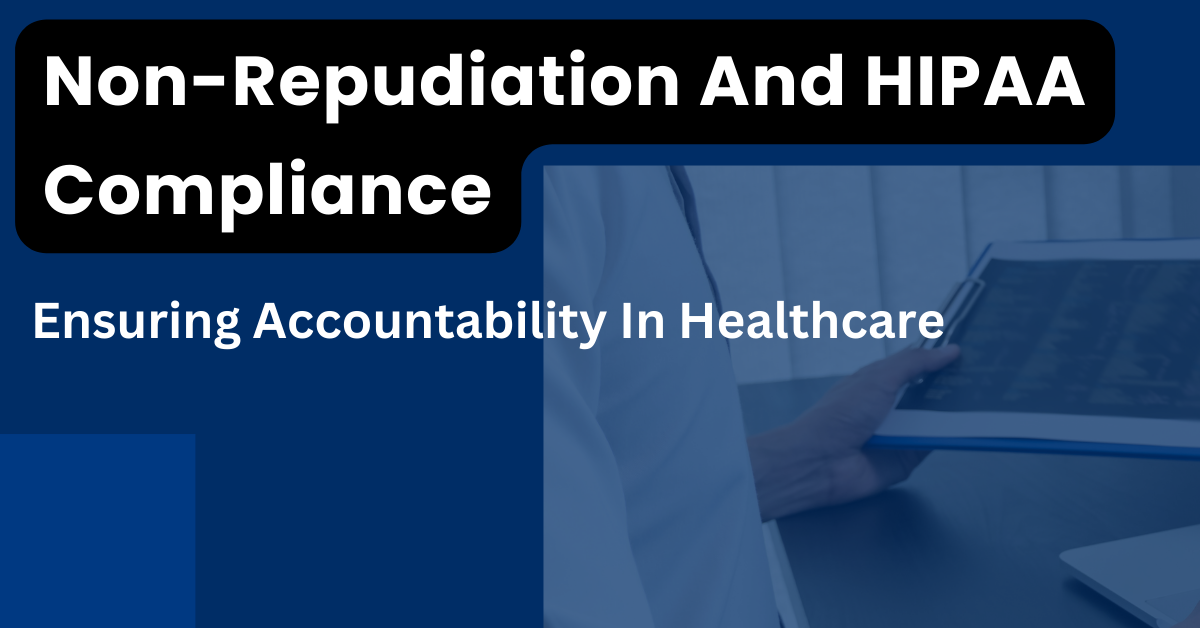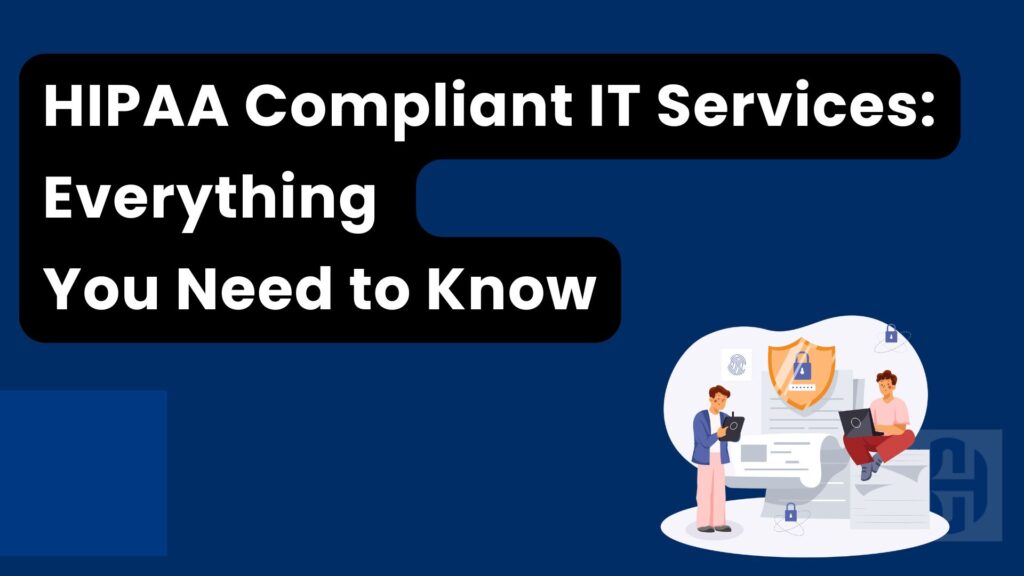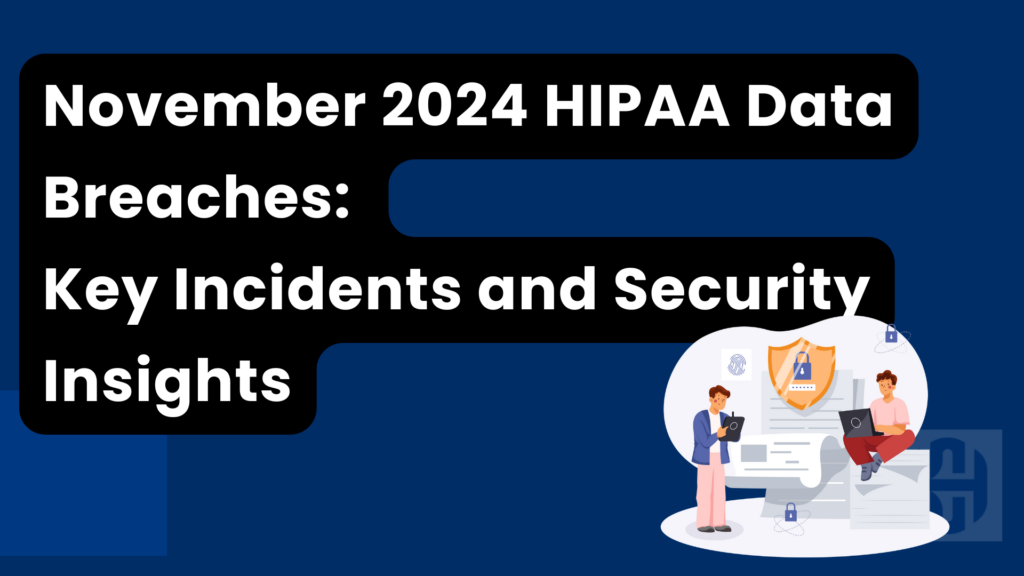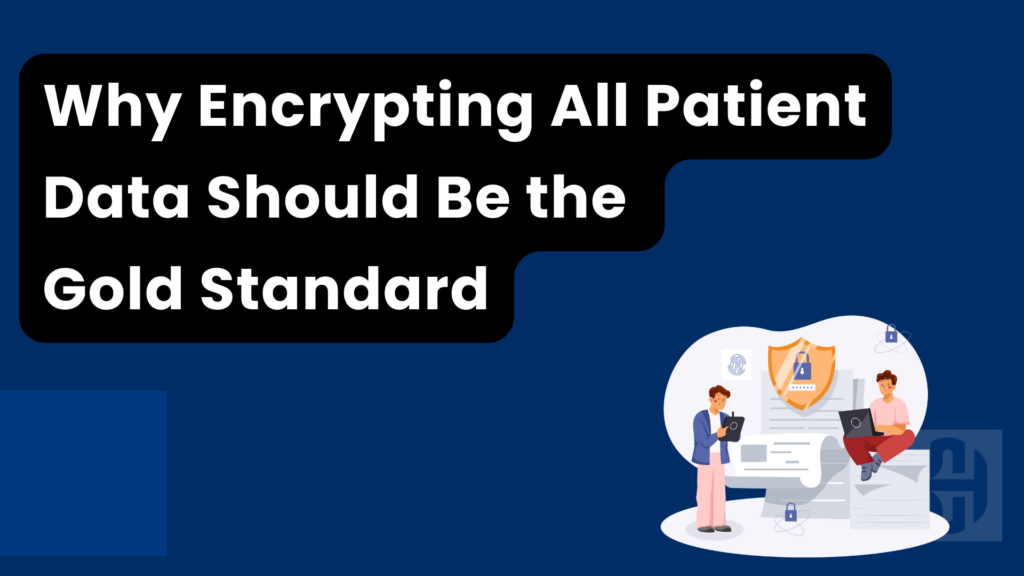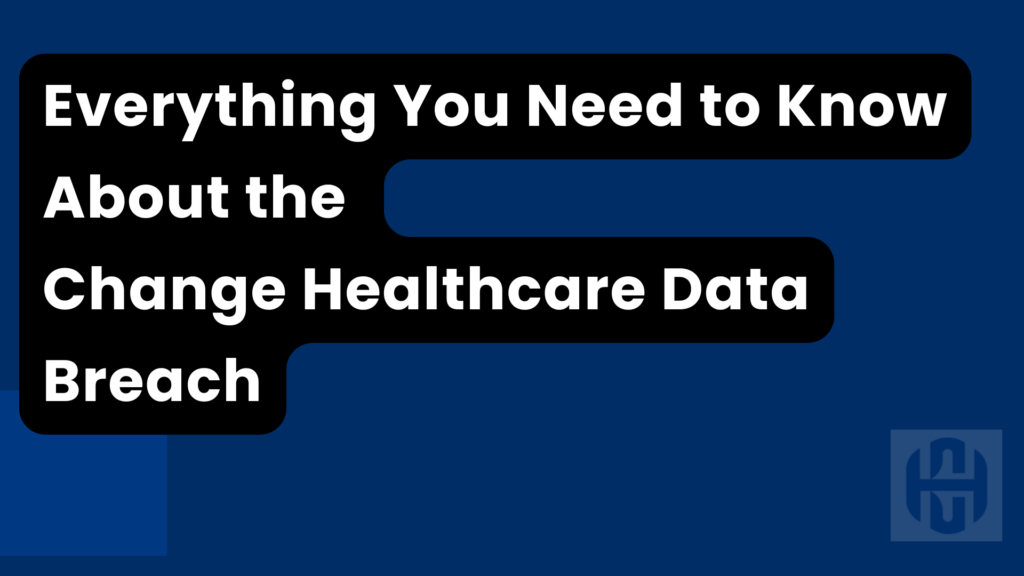Introduction
In the realm of cybersecurity and data protection, non-repudiation is a critical concept, especially in healthcare, where the protection of patient information is paramount. Under the Health Insurance Portability and Accountability Act (HIPAA), healthcare organizations are mandated to implement security measures that ensure the confidentiality, integrity, and availability of protected health information (PHI). Non-repudiation plays a vital role in achieving these objectives by ensuring that actions and communications cannot be denied by the parties involved. This article explores the significance of non-repudiation in HIPAA compliance, the mechanisms to achieve it, and its impact on healthcare data security.
Understanding Non-Repudiation
Non-repudiation refers to the assurance that someone cannot deny the validity of their actions or communications. In the context of digital communications, it ensures that a sender cannot deny having sent a message, and the recipient cannot deny having received it. This is crucial for maintaining trust and accountability in electronic transactions and communications.
In healthcare, non-repudiation is essential for several reasons:
- Accountability: Ensures that healthcare professionals are accountable for their actions, particularly when accessing and handling PHI.
- Trust: Builds trust between patients and healthcare providers by ensuring that data integrity and security are maintained.
- Legal Protection: Provides legal protection for both healthcare providers and patients by ensuring that actions and communications are verifiable and cannot be repudiated.
Non-Repudiation and HIPAA Compliance
HIPAA sets forth stringent requirements for the protection of PHI, and non-repudiation is implicitly a part of these requirements. The HIPAA Security Rule, in particular, mandates covered entities and their business associates to implement technical safeguards to protect electronic PHI (ePHI). Non-repudiation mechanisms help fulfill these requirements by ensuring that ePHI is accurately tracked and protected against unauthorized access and alterations.
Mechanisms to Achieve Non-Repudiation
Several technical and procedural mechanisms can be employed to achieve non-repudiation in healthcare settings. These include digital signatures, audit trails, access controls, and secure communication protocols.
1. Digital Signatures
Digital signatures are one of the most effective means of ensuring non-repudiation. They use cryptographic techniques to provide a secure and verifiable way to sign electronic documents and communications. A digital signature ensures that the document has not been altered since it was signed and verifies the identity of the signer.
In healthcare, digital signatures can be used for:
- Electronic Health Records (EHRs): Ensuring the integrity and authenticity of patient records.
- Electronic Prescriptions: Verifying that prescriptions are issued by authorized healthcare providers.
- Patient Consent Forms: Ensuring that consent forms are signed by the appropriate individuals.
2. Audit Trails
Audit trails are logs that record all access and actions performed on a system. They provide a detailed record of who accessed ePHI, what actions were taken, and when they occurred. This is crucial for non-repudiation as it ensures that any access or modification of data is traceable to a specific user.
HIPAA requires covered entities to maintain audit trails to monitor and track access to ePHI. Effective audit trails should include:
- User Identification: Information about the user accessing the system.
- Timestamp: The date and time of access or action.
- Action Details: Information about the action performed, such as viewing, modifying, or deleting data.
3. Access Controls
Access controls are mechanisms that restrict access to information based on user roles and responsibilities. They ensure that only authorized individuals can access ePHI and perform specific actions. By limiting access to sensitive information, access controls help maintain non-repudiation by ensuring that actions can be attributed to authorized users.
HIPAA mandates the implementation of access controls to protect ePHI. These controls can include:
- Role-Based Access Control (RBAC): Assigning access permissions based on the user’s role within the organization.
- Multi-Factor Authentication (MFA): Requiring multiple forms of verification to access systems containing ePHI.
4. Secure Communication Protocols
Secure communication protocols, such as Secure Sockets Layer (SSL) and Transport Layer Security (TLS), ensure that data transmitted over networks is encrypted and protected from interception. These protocols provide non-repudiation by ensuring that communications between parties are secure and verifiable.
In healthcare, secure communication protocols are essential for:
- Email Communication: Protecting sensitive information sent via email.
- Data Exchange: Ensuring secure data exchange between healthcare providers, patients, and third-party entities.
Implementing Non-Repudiation in Healthcare
To effectively implement non-repudiation in healthcare and ensure HIPAA compliance, organizations should adopt a comprehensive approach that includes policy development, employee training, and the deployment of appropriate technologies.
1. Policy Development
Developing and enforcing policies that define the procedures for achieving non-repudiation is essential. These policies should outline the use of digital signatures, audit trails, access controls, and secure communication protocols. Additionally, they should define the responsibilities of healthcare professionals in maintaining data integrity and security.
2. Employee Training
Training healthcare employees on the importance of non-repudiation and how to use the implemented technologies is crucial. Employees should understand the significance of digital signatures, the proper use of access controls, and the importance of maintaining audit trails. Regular training sessions and updates can help reinforce these practices.
3. Technology Deployment
Deploying the necessary technologies to achieve non-repudiation is a critical step. This includes implementing digital signature solutions, configuring audit trails, setting up access controls, and ensuring secure communication protocols are in place. Organizations should also regularly review and update these technologies to address emerging threats and vulnerabilities.
The Impact of Non-Repudiation on Healthcare Data Security
Implementing non-repudiation mechanisms significantly enhances healthcare data security by ensuring that actions and communications are verifiable and accountable. This has several positive impacts on healthcare organizations:
1. Enhanced Accountability
Non-repudiation ensures that healthcare professionals are accountable for their actions. This accountability reduces the risk of data breaches and unauthorized access, as individuals are aware that their actions are being monitored and recorded.
2. Improved Data Integrity
By ensuring that data cannot be altered or tampered with without detection, non-repudiation mechanisms enhance the integrity of healthcare data. This is crucial for maintaining accurate and reliable patient records, which are essential for providing high-quality care.
3. Increased Patient Trust
Patients are more likely to trust healthcare providers that implement robust data security measures. Non-repudiation mechanisms demonstrate a commitment to protecting patient information, thereby building trust and confidence among patients.
4. Legal and Regulatory Compliance
Non-repudiation is a key component of HIPAA compliance. By implementing mechanisms to ensure non-repudiation, healthcare organizations can meet HIPAA requirements and avoid legal and financial penalties associated with non-compliance.
Real-World Examples of Non-Repudiation in Healthcare
Several healthcare organizations have successfully implemented non-repudiation mechanisms to enhance data security and ensure HIPAA compliance. Here are a few examples:
1. Cleveland Clinic
Cleveland Clinic, a leading healthcare provider, has implemented digital signatures for electronic health records (EHRs) to ensure the integrity and authenticity of patient data. This has enhanced accountability among healthcare professionals and improved data security.
2. Mayo Clinic
Mayo Clinic uses advanced audit trail systems to monitor and track access to ePHI. By maintaining detailed logs of user actions, Mayo Clinic can quickly identify and respond to unauthorized access or suspicious activities, ensuring data integrity and security.
3. Kaiser Permanente
Kaiser Permanente has implemented robust access controls, including role-based access control (RBAC) and multi-factor authentication (MFA), to restrict access to ePHI. These measures ensure that only authorized individuals can access sensitive information, enhancing accountability and data security.
Conclusion
Non-repudiation is a critical component of HIPAA compliance and healthcare data security. By ensuring that actions and communications are verifiable and accountable, non-repudiation mechanisms enhance the protection of patient information, build trust, and ensure compliance with regulatory requirements. Healthcare organizations must adopt a comprehensive approach that includes policy development, employee training, and the deployment of appropriate technologies to achieve non-repudiation and safeguard sensitive data. By doing so, they can enhance accountability, improve data integrity, increase patient trust, and meet HIPAA compliance requirements.
